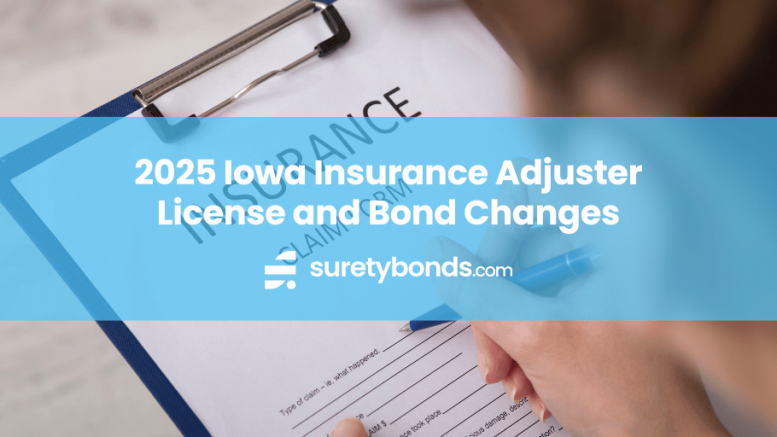Iowa Introduces New Insurance Adjuster Regulations
The Iowa Legislature recently passed House File 2516, which goes into effect on July 1, 2025. This introduced new license and surety bond requirements for all insurance adjusters in the state. The Iowa Insurance Division…
Learn More



